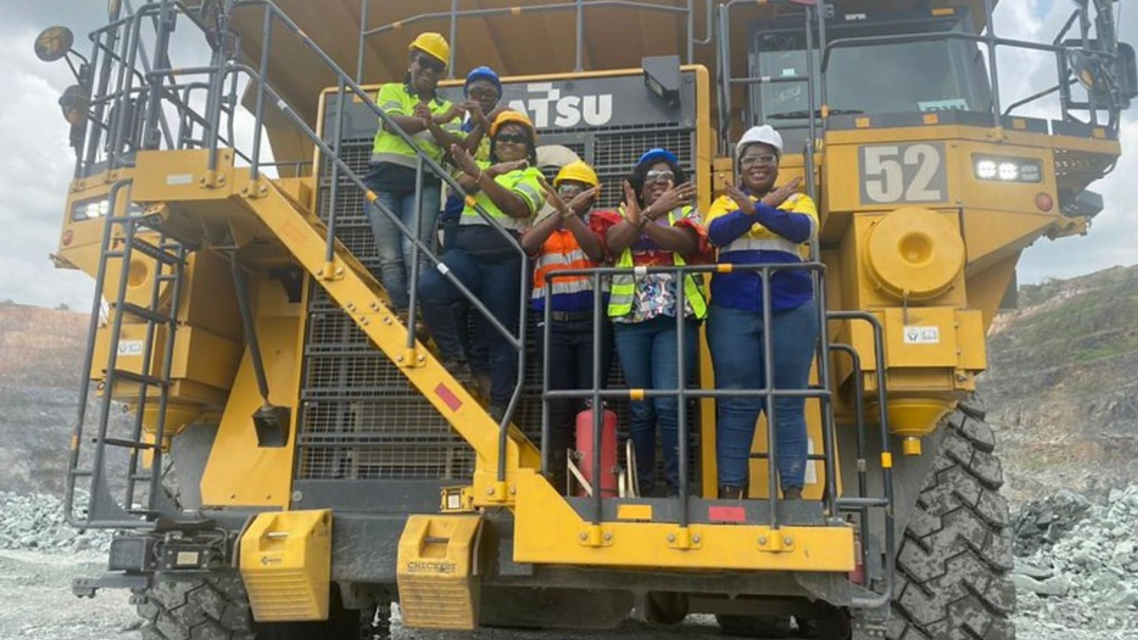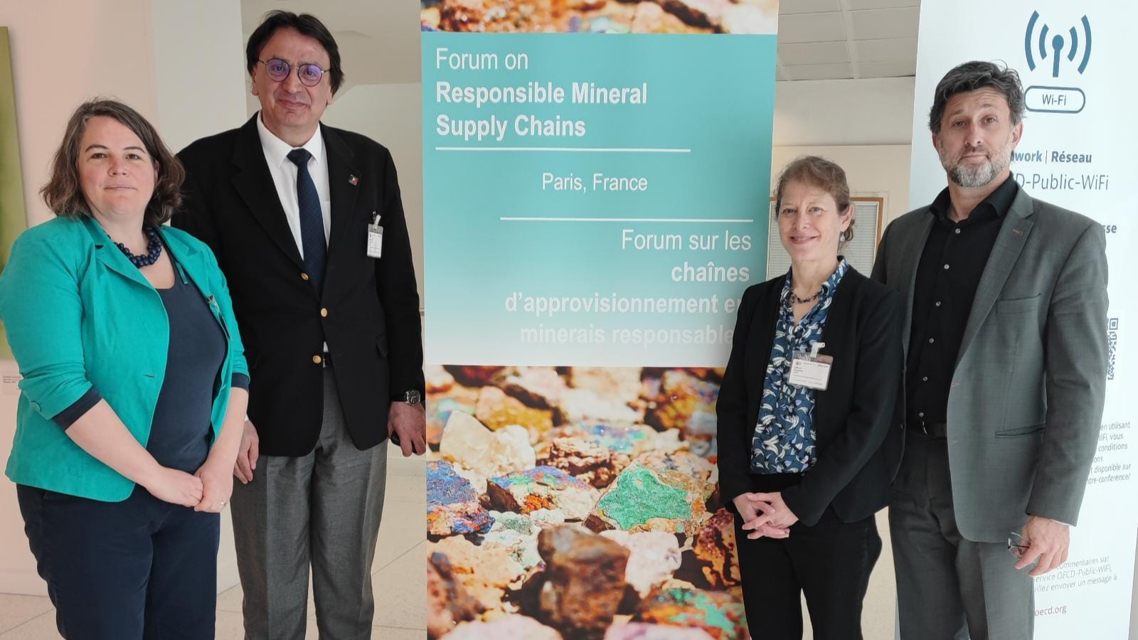The demand for these minerals has created a scramble by governments and multi-national companies to acquire deposits, mine and process them – with Chile, Australia and Democratic Republic of Congo important among the sources.
This scramble for minerals – and the mining involved – poses a wide range of environmental and labour rights issues for supply chains. The race to source these minerals comes with potentially severe environmental impacts – such as air and water pollution and problems of health as well as access to drinking water and water for agriculture - an increase in small-scale ‘artisanal’ mining and outsourcing by multinationals to local contractors who may not be familiar with the OECD and other international environmental and safety standards, or respect workers’ rights. All this can be devastating for local communities as well as the workers directly involved.
Australian mining giant BHP declared 7,700 full time employees and 17,083 subcontractors in its South American operations. A fragmented workforce involving thousands of sub-contractors for mine-related activities like blasting, crushing, and transportation makes it much more difficult for workers to organize unions and collectively bargain for decent pay and safe working conditions. Even after the collapse of the dam at the Burmadinho mine in Brazil that killed 270 people in 2019, BHP, which has a 50% stake in the mine, ignored the recommendation of the National Contact Point in Brazil to provide evidence of a due diligence agreement with trade unions.
But mining companies cannot ignore trade unions and the growing calls for responsible and sustainable mining forever. More and more countries are adopting due diligence legislation making large companies accountable for employment and environmental standards throughout their supply chain. This impacts not only the companies involved in mining but also the financial firms that invest in them, and the companies that make products using the minerals. It is a trend that is gathering pace and importance.
These pressures were reflected in the meeting of OECD governments on responsible business conduct earlier this year which agreed “the indispensable role of minerals in achieving the transition to a low-carbon economy, and that responsible business conduct will be paramount in enabling a sustainable, diversified, and reliable supply in light of the increasing global demand.’’
It’s against this backdrop that TUAC and global union partner IndustriAll Global Union organized a meeting for government officials and business representatives which kicks off the OECD Forum on Responsible Mineral Supply Chains. As a leading international body setting global responsible business conduct standards, the OECD members have strong links with the mining industry and regulators, while trade unions are organizing workers in the mines and in the mining sector to get OECD standards implemented on the ground in mining across the world.
Speaking at the headquarters of the OECD in Paris, TUAC’s Blake Harwell said:
“Meaningful dialogue with trade unions is how the OECD defines effective due diligence. Trade unions are here at the OECD to insist mining companies respect the OECD standards and ensure safe and decently paid work for everyone.”
“While the mineral intensity of the low carbon energy transition heralds another super cycle commodities boom, this is an opportunity to change the race to the bottom narrative that has characterized early boom cycles, to a race to the top narrative for workers and communities. The OECD due diligence standards offer a critical pathway towards the race to the top”
said Kemal Ozkan, Assistant General Secretary, IndustriALL Global Union
Judith Kirton-Darling, Deputy General Secretary of industriAll Europe, said:

